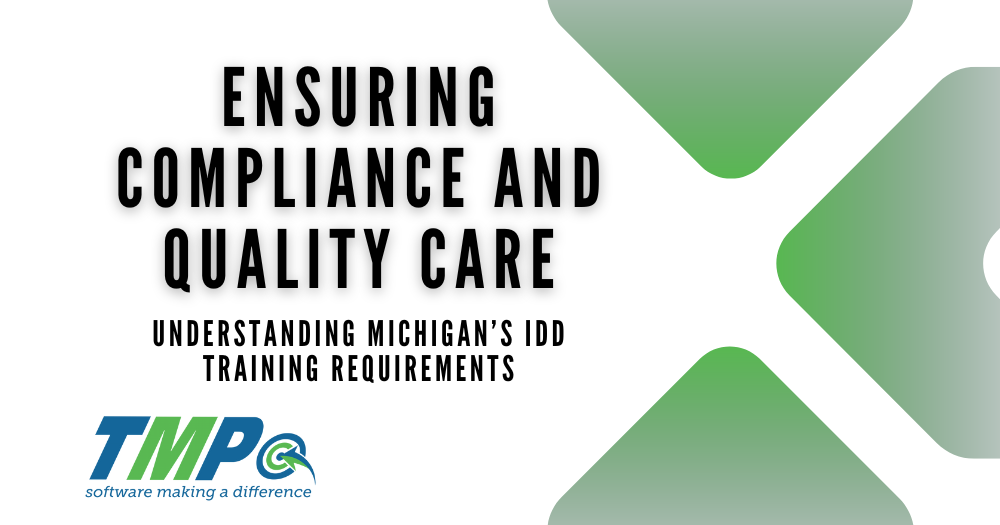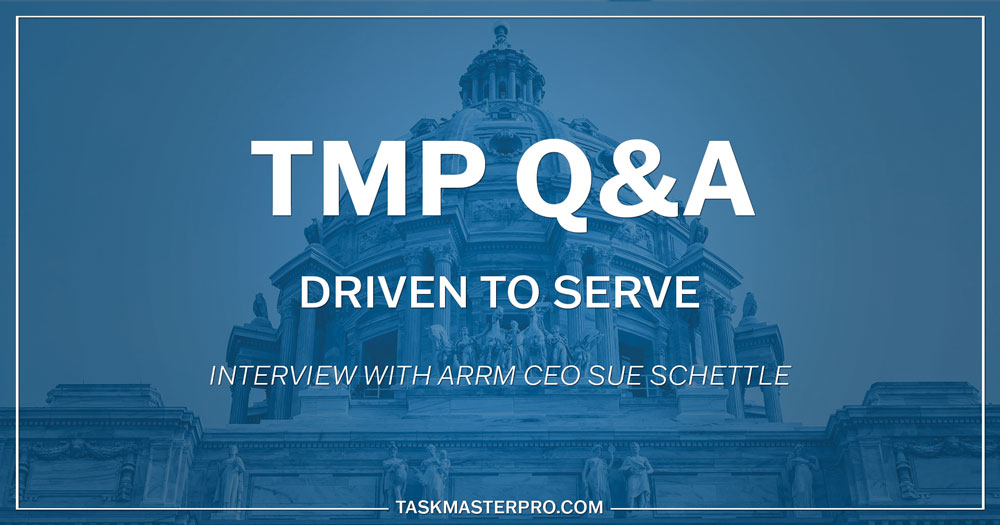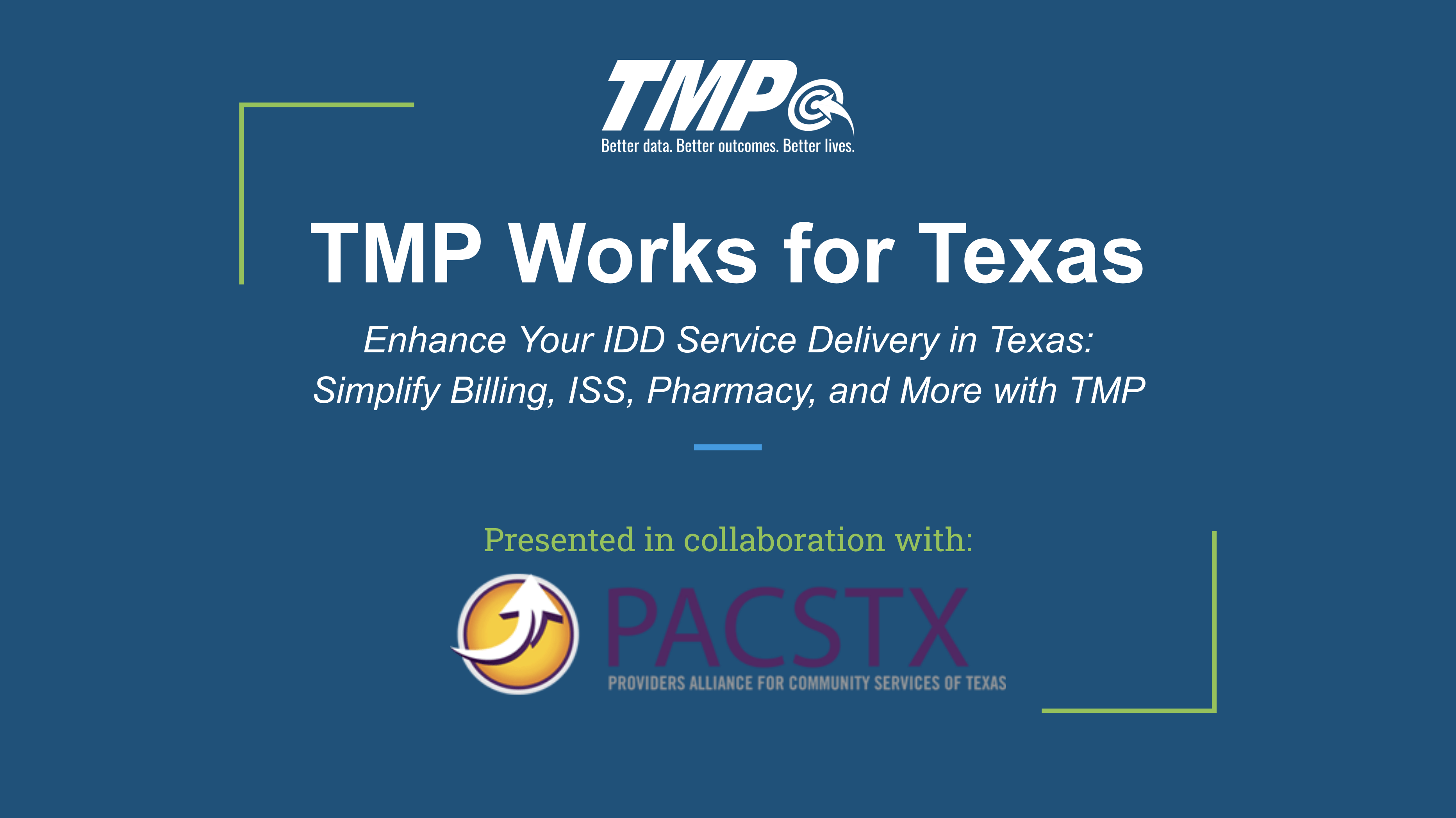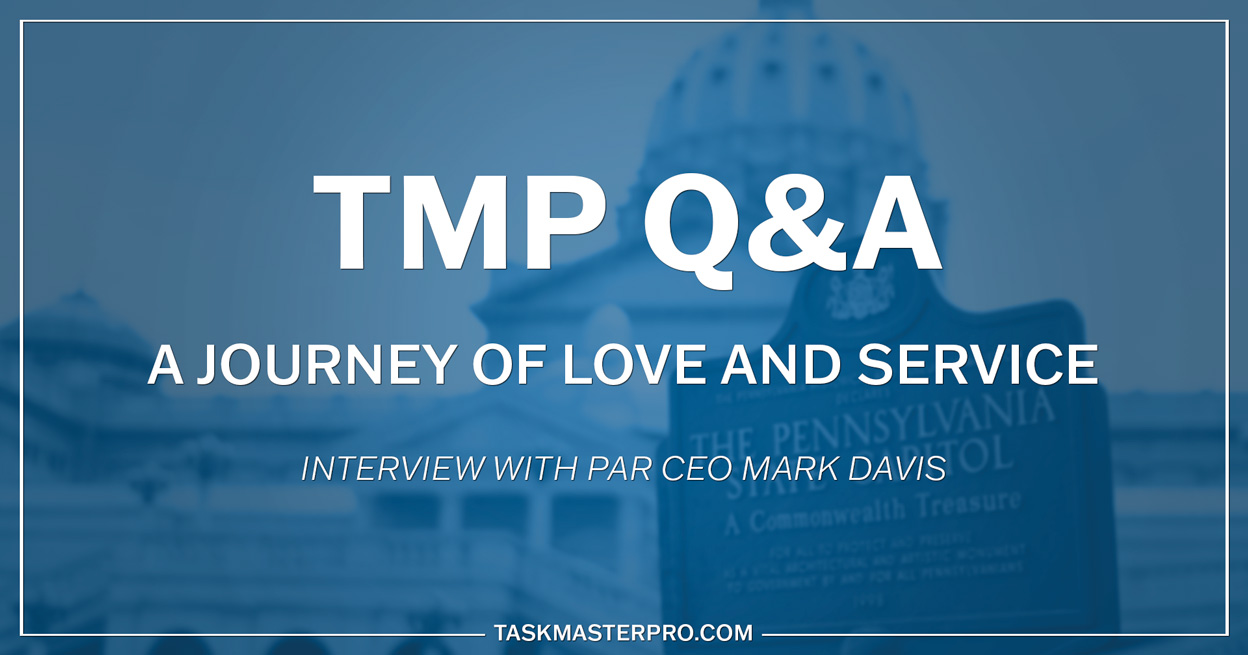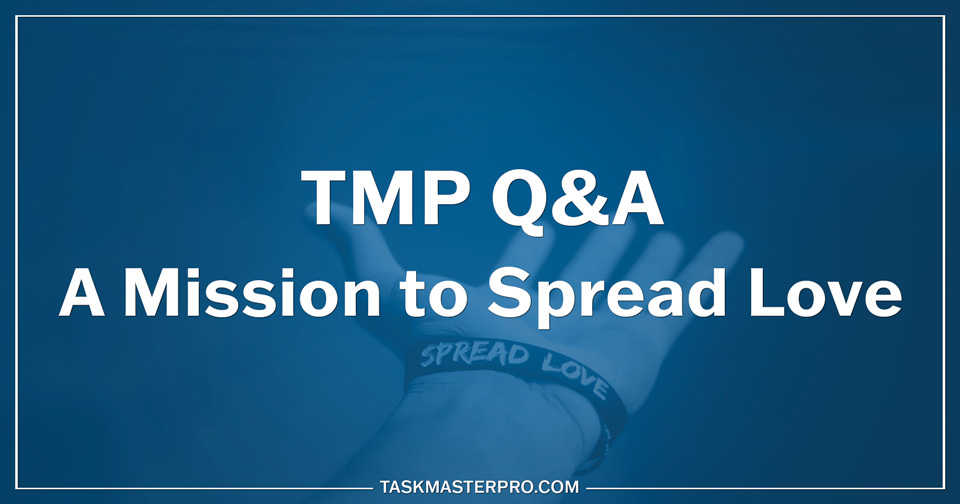Navigating the landscape of Intellectual and Developmental Disabilities (IDD) services requires dedication and innovation. Andrew Hill, Individualized Skills and Socialization Program Director at Hill Resources, may only be in his 20’s, but he has been involved in the IDD community since he was a little kid. With a profound commitment to excellence and a passion for serving others, Andrew opens up to share what brought him into the IDD space and the impact he wants to have on a community that has always meant so much to him and his family.
Tell us how you are involved in the IDD community.
I am currently the Individualized Skills and Socialization Program Director at Hill Resources. In addition, I’ve served as a resource to many families and caregivers (in the IDD community) in my surrounding area helping them receive services. One of the parts of my job I love the most is seeing our individuals flourish and expand their abilities to include many new critical daily life skills.
How did you gravitate towards the IDD service field?
It’s a pretty sweet story. My whole life I saw my dad care for and love our clients as if they were his own family. As a result, I had an increased number of “brothers and sisters.” Many of the individuals that we served became some of my sweetest friends. While I was attending Hardin-Simmons University, working on my bachelor’s degree, I realized something. The world needs one thing the most. Love. Unconditional love.
Anyone who has worked with the IDD population knows that if there’s one thing they do best, it’s love. I believe God has equipped me to be the hands and feet of Jesus in their lives, empowering those in our care to share with the rest of the world this same love. My dad modeled this beautifully by leading with kindness, truth, and love. I hope to continue this legacy.
What was so appealing about working in the IDD space for you?
This list could be quite long, but I’ll narrow it down to three key aspects that appeal the most to me: the diverse population I serve in the IDD community, the dynamic nature of my role, and the nurturing work environment characterized by love and support.
Embracing each day’s uniqueness and wearing multiple hats to cater to individual needs enriches my experience in the IDD community.
What are some of the daily challenges in trying to deliver excellent service for your clients?
The challenges seem to always be shifting and evolving, but the underlying challenge is always trying to deliver the best level of service and care possible. With that goal in mind, we are constantly looking to identify opportunities to improve staff training, communication, and service delivery.
Inflation has been tough to navigate, but we have developed several unique strategies within our group that blend new technologies with the love and care our team brings to the community. TMP’s software certainly plays a role in helping us ‘do more with less’ as they say.
Inflation is a hot topic right now as the cost of goods keeps going up, but reimbursement rates are flatlining. How have you worked to address this imbalance?
There are several ways in which I’ve aimed to address this, both on a micro and macro level.
When the cost of living is so high and state reimbursement is so low, there is little to no room for error. Taskmaster Pro has improved our billing systems drastically. Take ISS for example. The time it took my staff to complete the paper forms averaged around 30 to 45 minutes a day. Now, our staff can document their assigned clients in under 30 seconds.
We’ve all heard time = money, but I would challenge that by saying, “time = money + better care.” The more time you can spend with the client, the better their quality of life is. There’s a ripple effect. More time with the client = better outcomes. Thanks to TMP our staff now have more TIME to spend serving our clients and not filling out stacks of paper or scrolling aimlessly through forms trying to remember their designated tasks.
In addition, bringing awareness to Texas. Our industry needs emergency rate relief, period. There’s no dancing around that fact. Our hope is that soon, Texas legislators will recognize the discrepancy and fix the problem that is working against client care.
Inflation is also combated by implementing technology. TMP ultimately lowers costs and increases returns. It maximizes billing while saving the provider time, and basic supplies such as ink and paper, and improves staff retention rates drastically, just to name a few ways.
In Texas specifically, where would you like to see improvement in IDD policy?
Partnership makes good policy and good policy makes great practice. I would love for Texas policymakers to give providers a seat at the table. There’s an incredible need for a respectable relationship between the private sector and the state government. We want to partner with them as a team.
As providers, we are greatly invested in the progress of IDD policy. I think it would be great if IDD policymakers grew their investment in the space. I would love to see them spend time annually assessing the field, attending IDD programs both public and private, and studying the implications of their policy changes. I truly believe a tremendous amount of issues would be solved if policymakers analyzed while experiencing the field in person, the quantitative and qualitative data that appears as a result of regulations.
Being around the IDD space for the majority of your life, what advice would you give other providers who are learning and trying to deliver great care to this space?
I’ve heard countless staff who’ve worked for other providers say things like “The other company told me to never get attached.” or “People always said never become close with the individuals.” But truthfully, I fundamentally disagree with this belief. Treat them like family. Become attached.
When you form a relationship with them, you don’t just care with your hands, you care with your heart. If you want to deliver great services to this population, create a culture of intentionality, respect, and love.
If you manage people, look for ways to bless them. It could be as simple as encouragement or stopping by and bringing them coffee. This goes a long way and encourages a culture of trust and respect. Not only does it bless the staff, it blesses the clients. A micro-level action can have a macro-level impact. Action creates culture, culture creates change.
How has utilizing TMP for your IDD software impacted operations?
It’s impacted our operations in almost every way. I am a firm believer in technology and efficiency. TMP is just that. Billing, staff scheduling, behavior management, user analytics, micro and macro internal staff communication, record keeping, case management, and staff training, just to name a few. Because it’s an enterprise system, it’s a one-stop shop for everything you need to run your business.
One thing I want to highlight is that TMP bridges the gap between DSPs and management and/or healthcare professionals. Anyone who doesn’t utilize TMP probably knows that often there’s a major communication barrier between DSPs and other service providers. There’s so much valuable information that a provider can miss if the frontline resource (Otherwise known as the DSP) isn’t able to communicate what’s going on.
A tool that TMP has crafted is what they call an IBAM. This serves as an invaluable resource for collecting data reflecting the well-being of a client on the frontline. Behavior analysts, nurses, case managers, doctors, etc. all use this data to form the most educated decision relating to their healthcare practice.
In addition, I’ll speak to our ISS program specifically. As a manager, I’m able to schedule an off-site outing, assigning which staff and clients will be attending and where they will be going. The system automatically populates an event on the calendar and creates ISS logs while requiring staff to fill them out correctly. The system creates guardrails to eliminate recoupment on billing. For example, it will not allow you to submit a log where the ratio does not comply with state requirements. The system allows me as the manager to track logs too. I can see which ones are missing, pending, approved, etc. This allows me to maximize our ISS billing and ensure we maintain best practices.
Hill Resources has been a trusted TMP partner for a long time. New TMP modules are consistently tested in the Hill provider ecosystem to ensure they perform as providers require. What advantages do you see in being a partner like this?
If TMP wins, I win, and the IDD population around the nation wins. Our partnership proves to be invaluable. We’ve all heard the phrase “see a need, fill a need.” Our partnership is just that. We see a need in the field and they fill it! ISS is a perfect example. We quickly saw that there was a need for a more efficient method to document ISS logs. After much brainstorming, seeing the struggles our staff had with the paperwork, and receiving their opinions, we came up with an idea on how to solve the problem. Now, our staff are spending a fraction of the time documenting and more time caring for our individuals. That’s a tremendous win.
In the ever-evolving landscape of IDD services, Andrew’s commitment to excellence and innovation remains unwavering. Through Andrew’s role at Hill Resources and advocacy efforts, he continues to inspire and empower others, ensuring individuals with disabilities receive the support they deserve. Reflecting on his insights and experiences, we are reminded of the transformative power of love, technology, and collaborative partnerships in enhancing the lives of those in the IDD community.
Schedule a Free TMP Demo or Consultation
